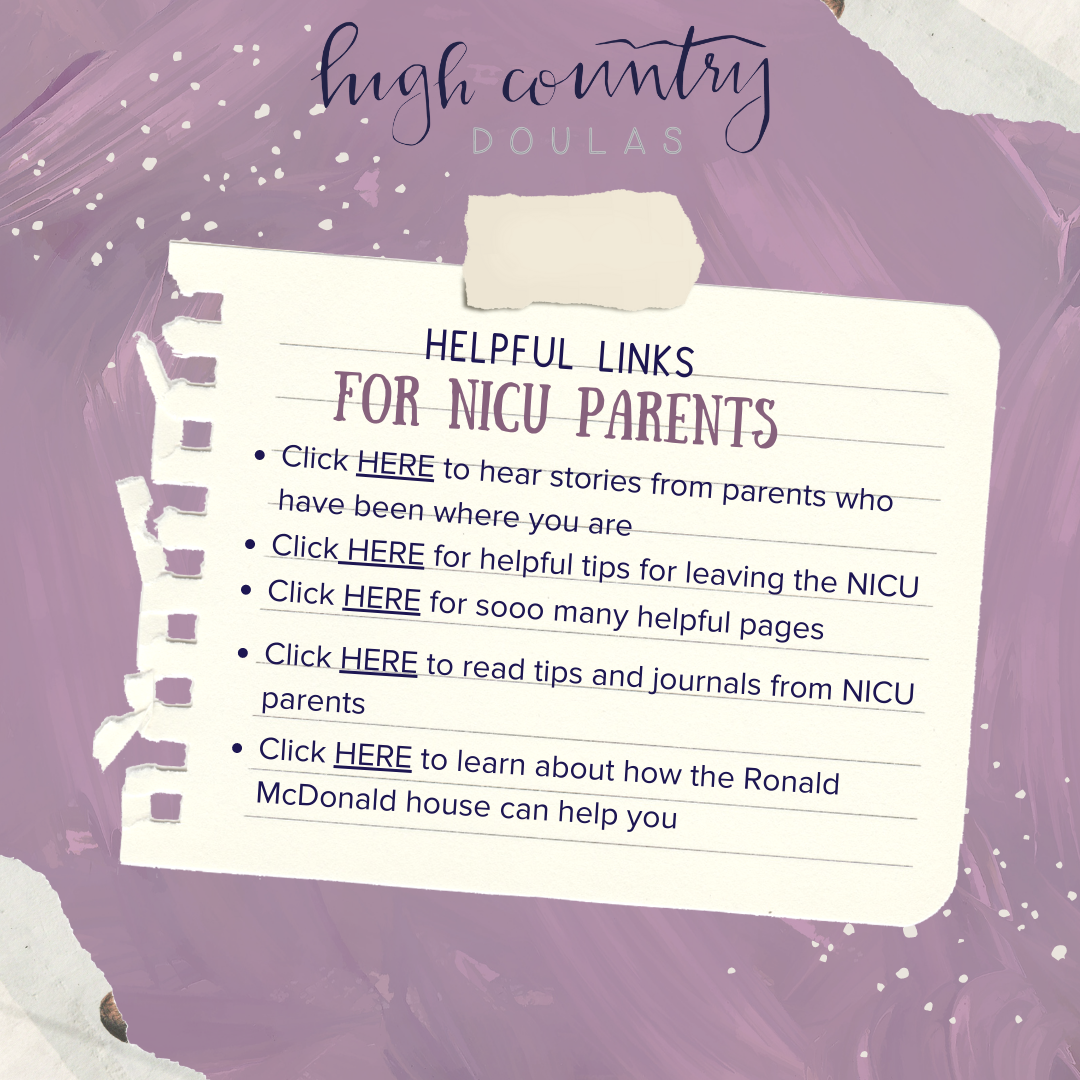Your Baby's in the NICU, Now What?
No parent ever wants their baby to be born and have to go to the NICU, or the neonatal intensive care unit. It's not something they expect. According to Oakbend Med Center between 10 and 15 percent of all babies born in the United States wind up in the NICU. Although no parent wants this to happen to their baby, it can and it’s important to know why and how to handle it as a parent.
“Always remember, you are braver than you believe, stronger than you seem and smarter than you think.”
Reasons your baby could potentially go to the NICU
Some of the most common reasons being:
Premature Birth: When a baby is born before the 37 weeks mark of pregnancy. When babies are born too early they can experience problems such as low birth weight, unstable vitals, or have difficulties regulating their temperature.
Respiratory Distress Syndrome (RDS): This is a breathing disorder that can result from immature lungs.
Low Blood Sugar (hypoglycemia): This is most commonly seen in babies born to mothers with gestational diabetes, or infants with infections.
Difficult Birth: A difficult birth can decrease the baby's oxygen supply or decrease blood flow, which can lead to other health issues for mom and baby.
Infection or Sepsis: Babies that are born prematurely are at high risk for infection.
Care your baby receives in the NICU
Babies in the NICU receive around the clock care from a team of medical professionals specifically trained to care for them. This team is made up of doctors, physicians assistants, nurse practitioners, registered nurses, and other medical professionals who can deliver targeted care to your baby.
Visiting your baby in the NICU
One concern you may have if your baby has to go to the NICU may be whether or not you will be able to see them. Parents of babies in the NICU will be allowed to come in and visit, but you may be asked to wear a gown and mask, or other forms of personal protective equipment, to ensure the babies are safe from other potential infections. It is important that mom and dad spend time with their baby while they are continuing to get the care they need.
If you experience loss
If you or a loved one is experiencing the loss of a baby you/they will need support and care while you grieve. We can’t understand loss for an individual, but we can be present for them and listen. We can not try and fix it.



